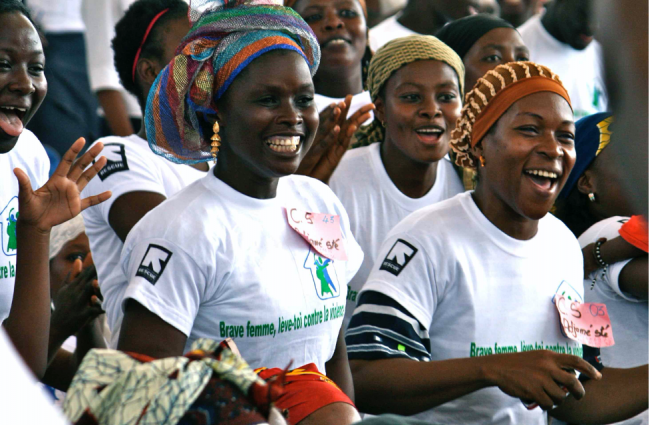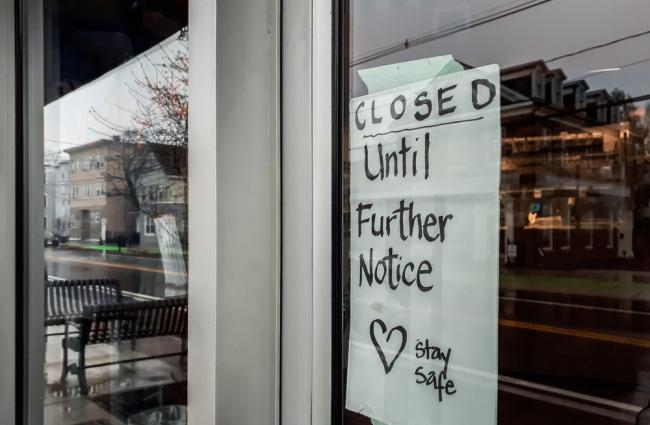Evidence for Action (E4A) funds research evaluating the population health, wellbeing, and racial equity impacts of programs, policies, and practices. What We're Learning is a repository of media pieces, research articles, presentations, reports, and other materials highlighting E4A supported research and findings. Sort by topic or resource type.



Dr. Epstein discusses potential strategies to increase insurance sign ups, including altering the ways insurance plans work (e.g., 5 year plans versus single year plans) or changing the ways that insurance plans are marketed (moral framing versus economic self-interest framing).


When families lose access to the Special Supplemental Nutrition Program for Women, Infants, and Children program (WIC) there appear to be no negative impacts on nutritional intake for kids.




This paper introduces the COVID-19 US State Policy (CUSP) Database, a continuously updated repository of policies, as well as highlights how the research conducted using the database has impacted policy decisions.



The TROLLEY (TRansit Opportunities for HeaLth, Livability, Exercise and EquitY) study will use rigorous methods, as described in this Study Protocol paper in BMC Public Health, to advance our understanding of health, well-being, and equity-oriented outcomes of new light rail transit (LRT) li